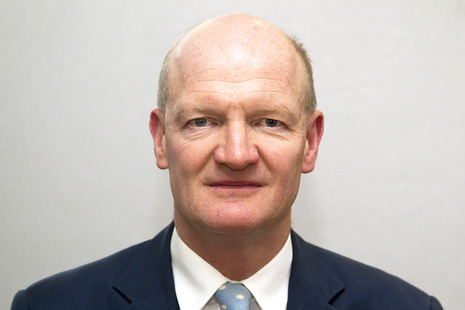The Rt Hon Lord David Willetts

Biography
Lord Willetts was appointed as Chair of the Regulatory Innovation Office in March 2025.
Lord Willetts brings a wealth of leadership experience from across the public and private sectors which will help the RIO help to deliver its priorities.
As the Member of Parliament for Havant, he served as Minister for Universities and Science from 2010 to 2014. He has made extensive contributions to the UK science and technology sector, including sitting on the board of UK Research and Innovation (UKRI) and chairing the British Science Association, the UK Space Agency Board, and the Foundation for Science and Technology.
He was elected Conservative MP for Havant in Hampshire on 9 April 1992.
Education
David was educated at King Edward’s School, Birmingham and Christ Church, Oxford, where he studied philosophy, politics and economics.
Career in politics
David began his career in Parliament as the MP for Havant in 1992. He served as Paymaster General and then in the Shadow Cabinet in a range of roles, including Shadow Secretary of State for Trade and Industry, Shadow Secretary for Education and Skills, and Shadow Secretary for Innovation, Universities and Skills. He has also worked at HM Treasury and in the Number 10 Policy Unit.
Career outside politics
David has written widely on economic and social policy. In 2011 he published a book, ‘The Pinch: How the baby boomers took their children’s future � and why they should give it back�.
Personal life
David is married to the artist Sarah Butterfield, with whom he has 2 children.
Chair: Regulatory Innovation Office
Working with officials and ministers, the Chair of the Regulatory Innovation Office (RIO) provides leadership and direction to the RIO. The RIO has been established as a new office within Department for Science, Innovation and Technology (DSIT) to help reduce the burden for businesses bringing new products to the market in some of the UK’s fastest-growing sectors.
To date, the Regulatory Innovation Office has announced four priority areas:
- engineering biology
- space
- artificial intelligence and digital in healthcare
- connected and autonomous technology